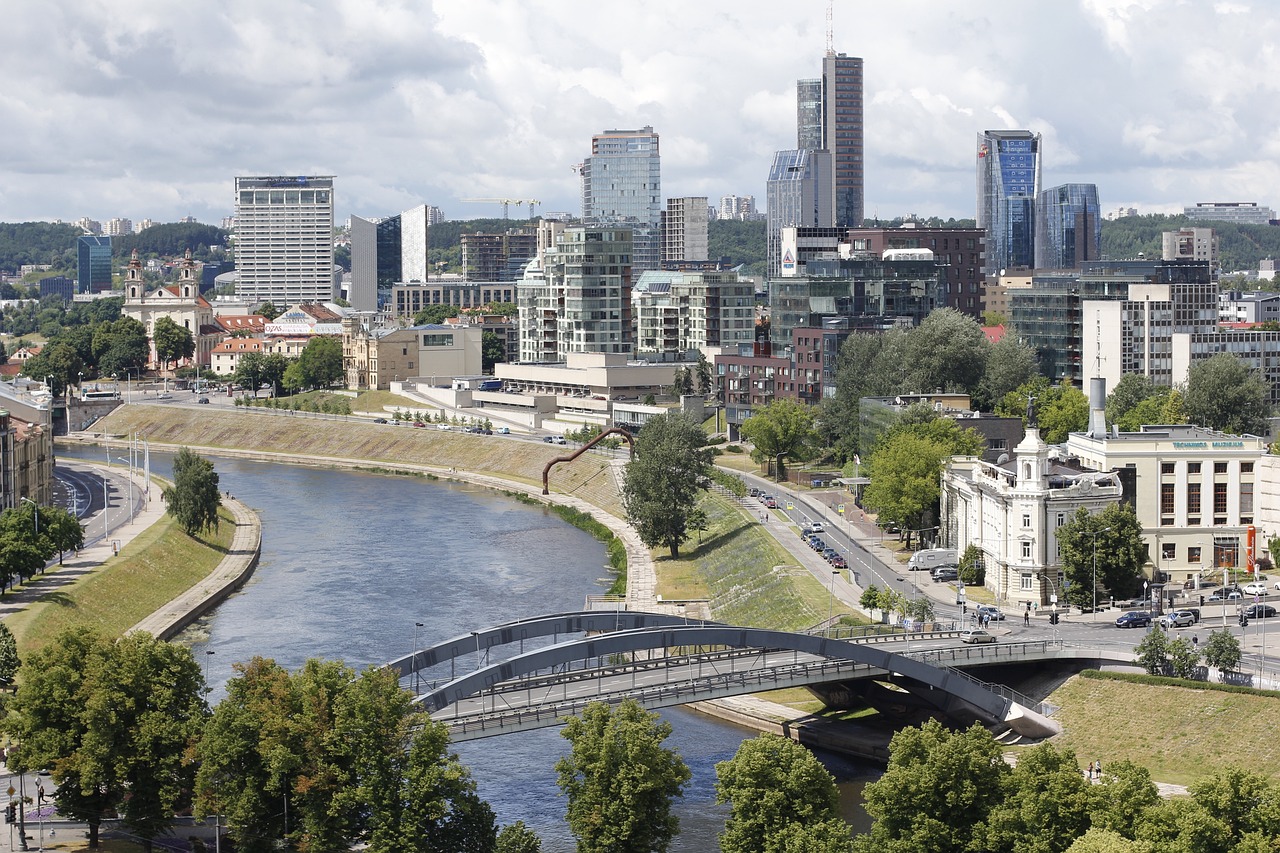I started working for InkuA in 2022. InkuA is a non-profit organisation founded by young professionals that provides virtual work environments for professionals and students, to create and collaborate remotely in sustainable projects all around the world.
While the organisation has in the past focused mainly on projects in Latin America in November 2022 parts of the team embarked on a mission to Ukraine to reach out to the people affected by the Russian invasion to learn about ways to support them and to spread awareness. Ever since we have stayed in contact with local Ukrainian NGOs.
In 2023, we received an invitation from the World Federation of Taiwanese Association to participate in their annual event, which this year took place in Vilnius, Lithuania. Our presentation focused on the pivotal role of local Non-Governmental Organisations during times of crisis and war, exemplified by the role of Ukrainian NGOs, delivered before an audience comprising several hundred attendees.

In summary NGOs, especially local ones, play a significant role during war offering a vast array of services where governmental actors may not have sufficient capabilities at a time. For example, they provide medication and food, rescue people from areas most affected by war, build shelters or offer psychological help for people traumatised by their experiences. They often cooperate together with state agency and other NGOs and can build professional networks. Local NGOs can have a benefit compared to international NGOs, as they are closer to the people affected and have better knowledge about their needs and the best ways of execution in context of country and culture. Governments are advised to enter into exchange with such NGOs and to support them to prepare for crisis events.
In addition to our presentation, the event included various contributions dealing with topics such as community resilience, economic and psychological warfare. Beyond the intellectually stimulating presentations, the event provided a unique platform for global networking and encouraged engagement with people from diverse backgrounds. This engagement facilitated insightful discussions on a spectrum of cultural and geostrategic topics and provided a multifaceted perspective on current challenges.
This experience not only contributed to the discourse on geopolitics but also enriched our understanding of global dynamics through the exchange of viewpoints from participants worldwide.
